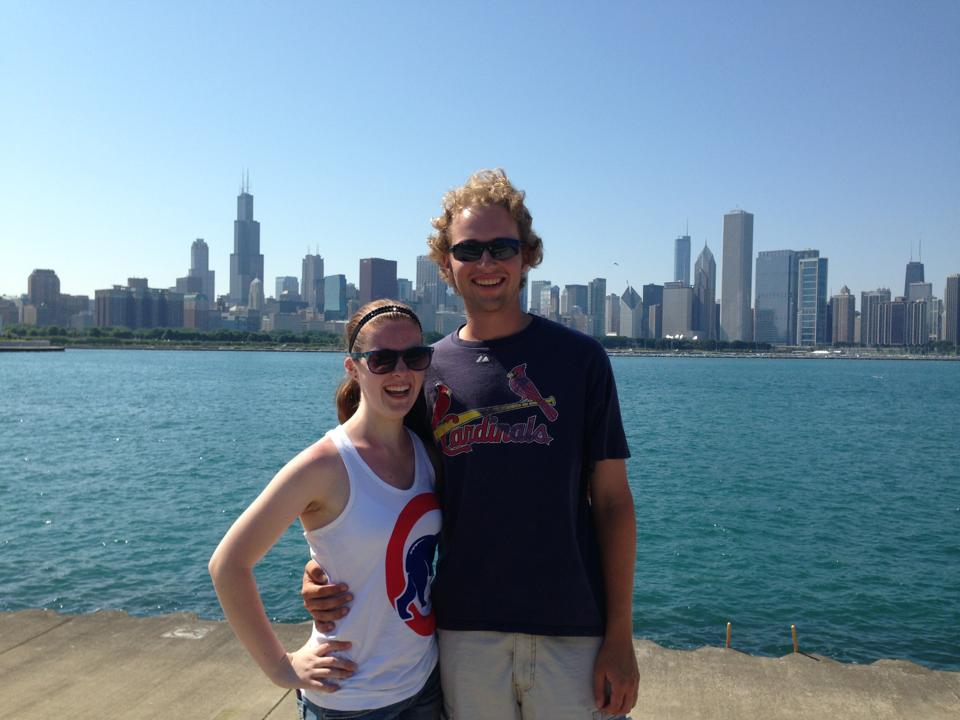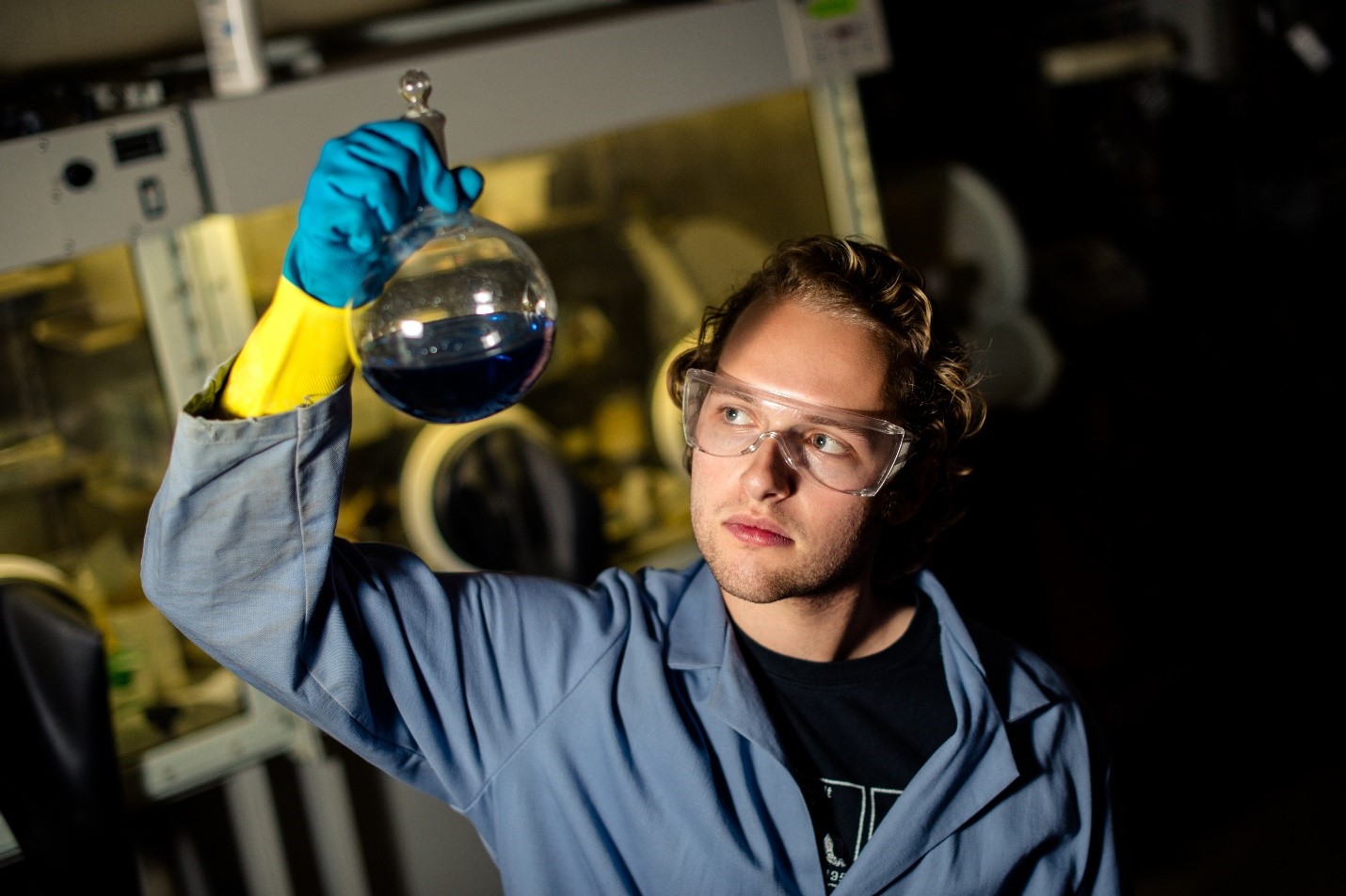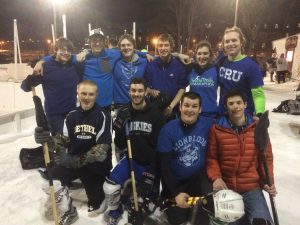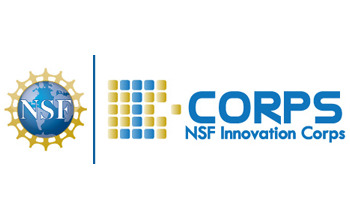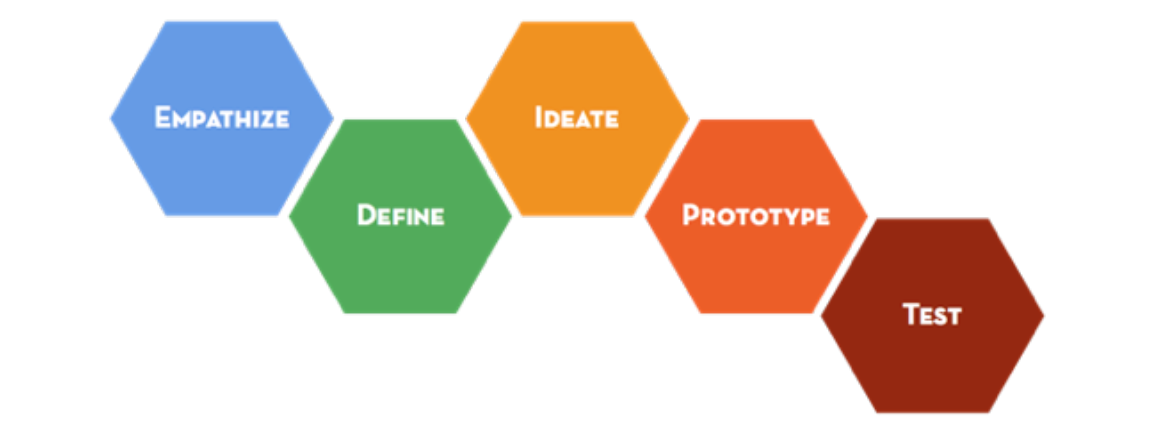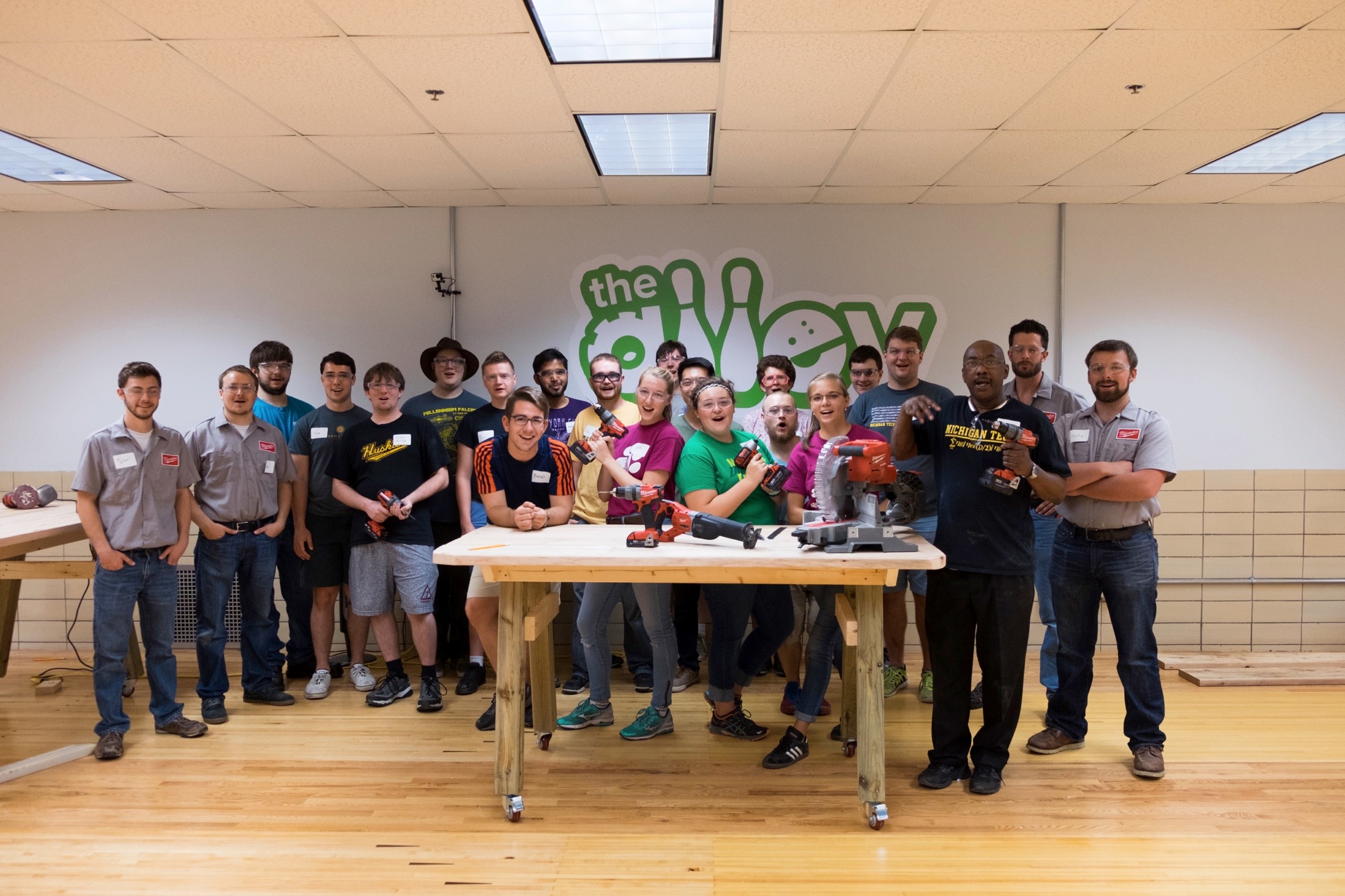By Amy Karagiannakis
Every summer, approximately 100 undergraduate and graduate students from top universities across the country become interns at MIT’s Lincoln Laboratory. MIT’s summer research program offers their interns the opportunity to gain hands-on experience in a cutting-edge research environment. The application and selection process is extremely competitive. Participants contribute to projects in fields such as mechanical engineering, aeronautics, molecular biology, and many more. PHC student, Adam Augustyniak, was recently notified of his acceptance into MIT’s Lincoln Laboratory for this summer’s research internship program as part of the Mechanical Engineering Group. Adam will be working as an intern this summer at the lab in Lexington, MA. Just 14 miles from Boston and a short trek from New England’s beautiful seashore, mountains and Cape Cod, Adam will be able to spend some of his free time this summer enjoying the outdoors. As a paid student intern at Lincoln Laboratory, Adam will have the opportunity to work with state-of-the-art equipment to solve real-world technical problems. At the conclusion of the internship, students present the results of their research to national experts in the field.
Adam believes that it his curiosity and interest in learning that drove him to become an engineer. He is in his third year at Michigan Tech and is majoring in Mechanical Engineering. Adam is very involved in Michigan Tech’s Aerospace Enterprise. Michigan Tech Enterprises are student-driven, multidisciplinary teams that work like companies on real-world client projects. Adam currently serves as the Structures Systems Engineer for the Aerospace Enterprise. Current projects include the Stratus CubeSat, funded by NASA, and the Auris Microsatellite, funded by the Air Force Research Laboratory. In his student position, he is responsible for a team of 12 student structural engineers that design and test the structures of the satellites. Before acting as lead engineer for these two projects, Adam worked on the Oculus-ASR Microsatellite mission. This nanosatellite was designed and built by Aerospace Enterprise students for space situational awareness research. Oculus-ASR is due to launch sometime in the next couple months aboard a SpaceX Falcon Heavy. Following graduation in 2018, he plans to attend graduate school to further his knowledge in Aerospace Engineering.
Adam is a member of the American Society of Mechanical Engineers and currently sits on the Pavlis Honors College Undergraduate Student Advisory Board. The USAB facilitates the engagement of undergraduate students in the improvement of their living and learning environments by working closely with the College administration, with student organizations and groups and with University and College offices to identify and implement solutions to critical problems. The PHC Board is a self-directed, collaborative body designed for discussion and raising awareness of key issues. In addition to Adam’s involvement on campus, he has also held internship positions with BACA Systems and Fiat Chrysler while working over the summer in 2015 and 2016. As the supervisor to the base tradesmen at the Fiat Chrysler Warren Truck Assembly Plant, Adam was pushed out of his comfort zone to lead people twice his age. This experience helped him grow as a leader and as an engineer.
What motivates Adam, is the desire to become the best possible version of himself. If he is not constantly working to improve himself, he cannot be satisfied with where he is in life. “I must always strive for self-improvement when it comes to academics, physical activity, and any other aspects to life. The Pavlis Honors College nicely compliments my engineering education. Through reflection, I have been able to determine what I want and do not want to do with my career,” Adam shared. Similar to most students at Michigan Tech, Adam enjoys spending his free time outdoors. He spent some time backpacking and hiking the trails of Isle Royale National Park.
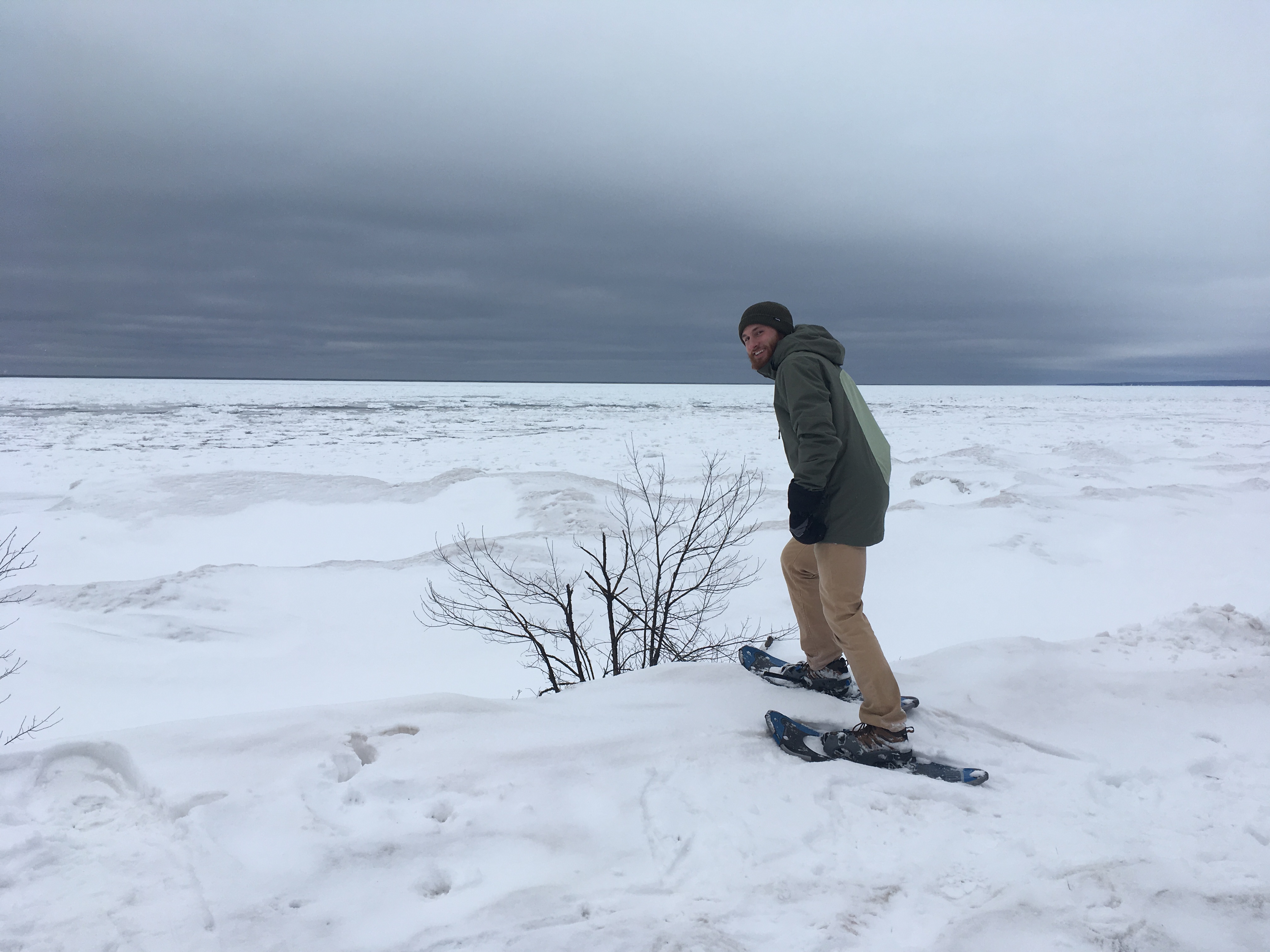
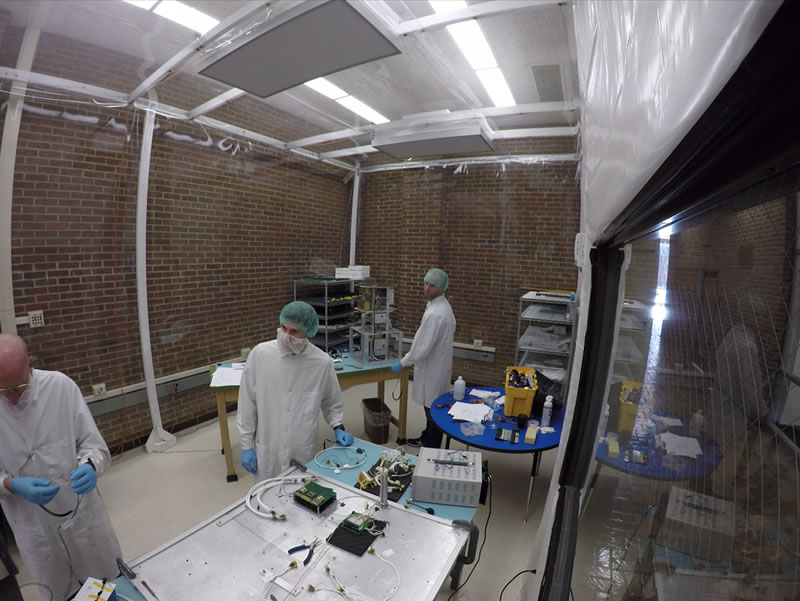
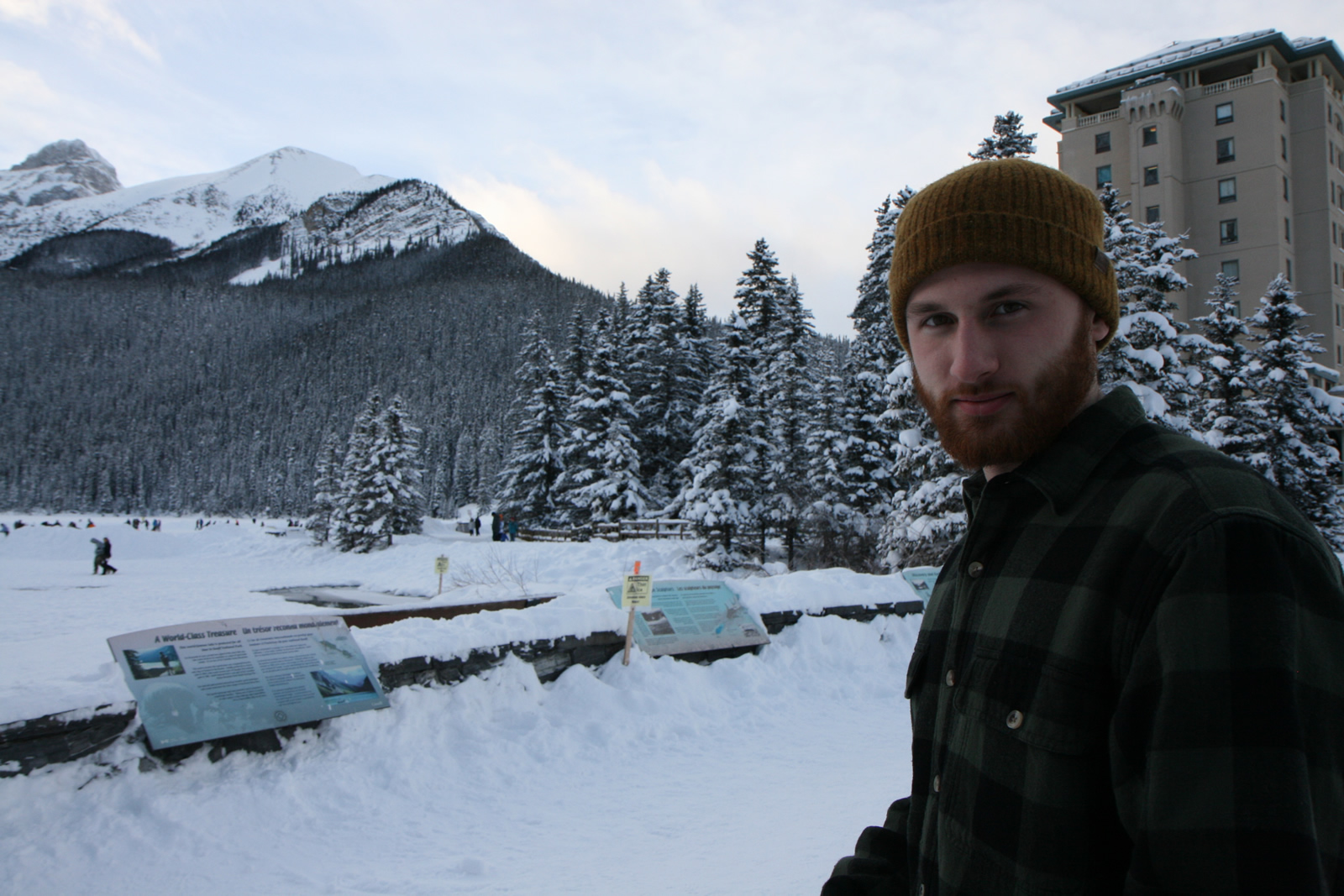
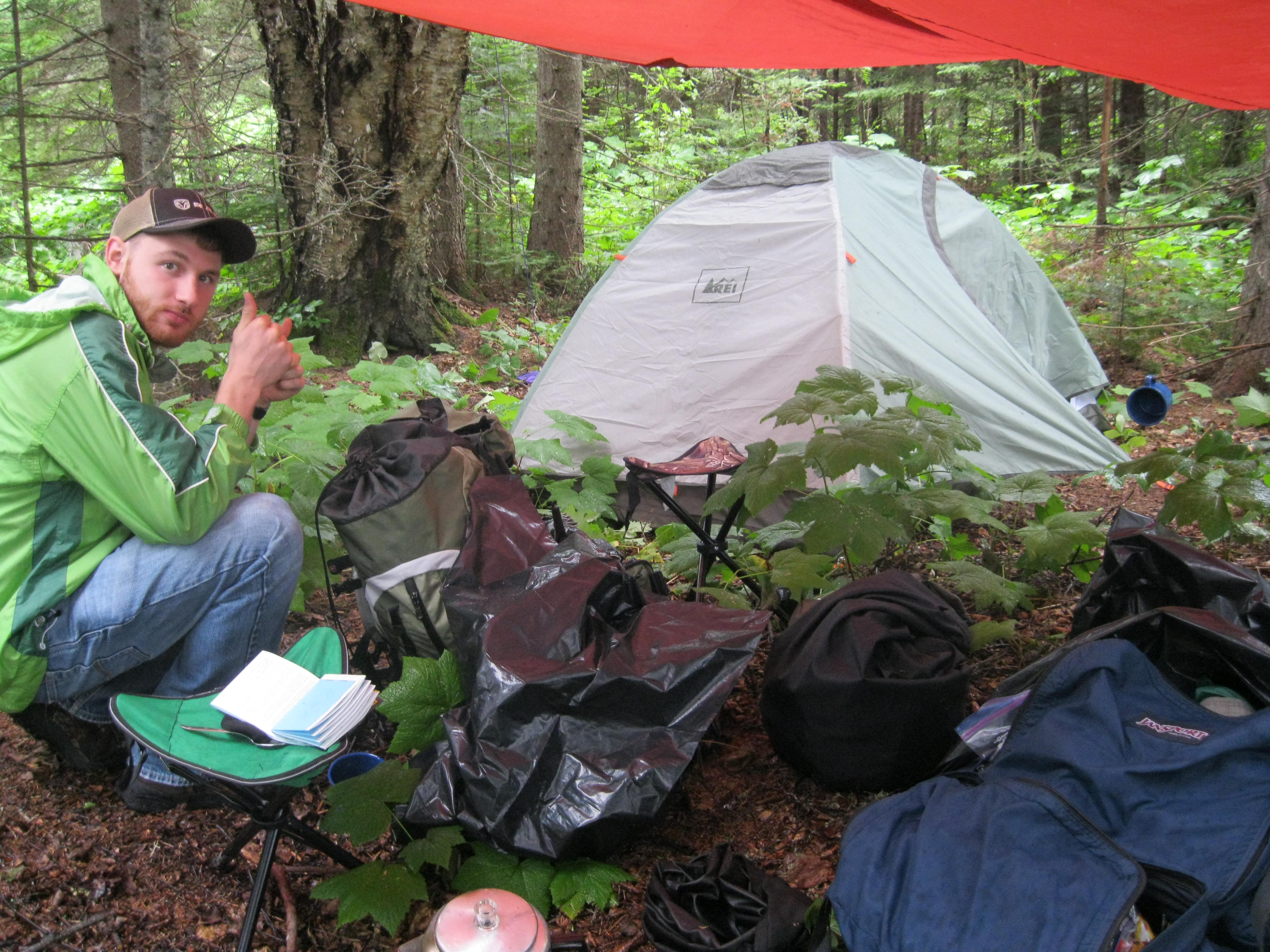
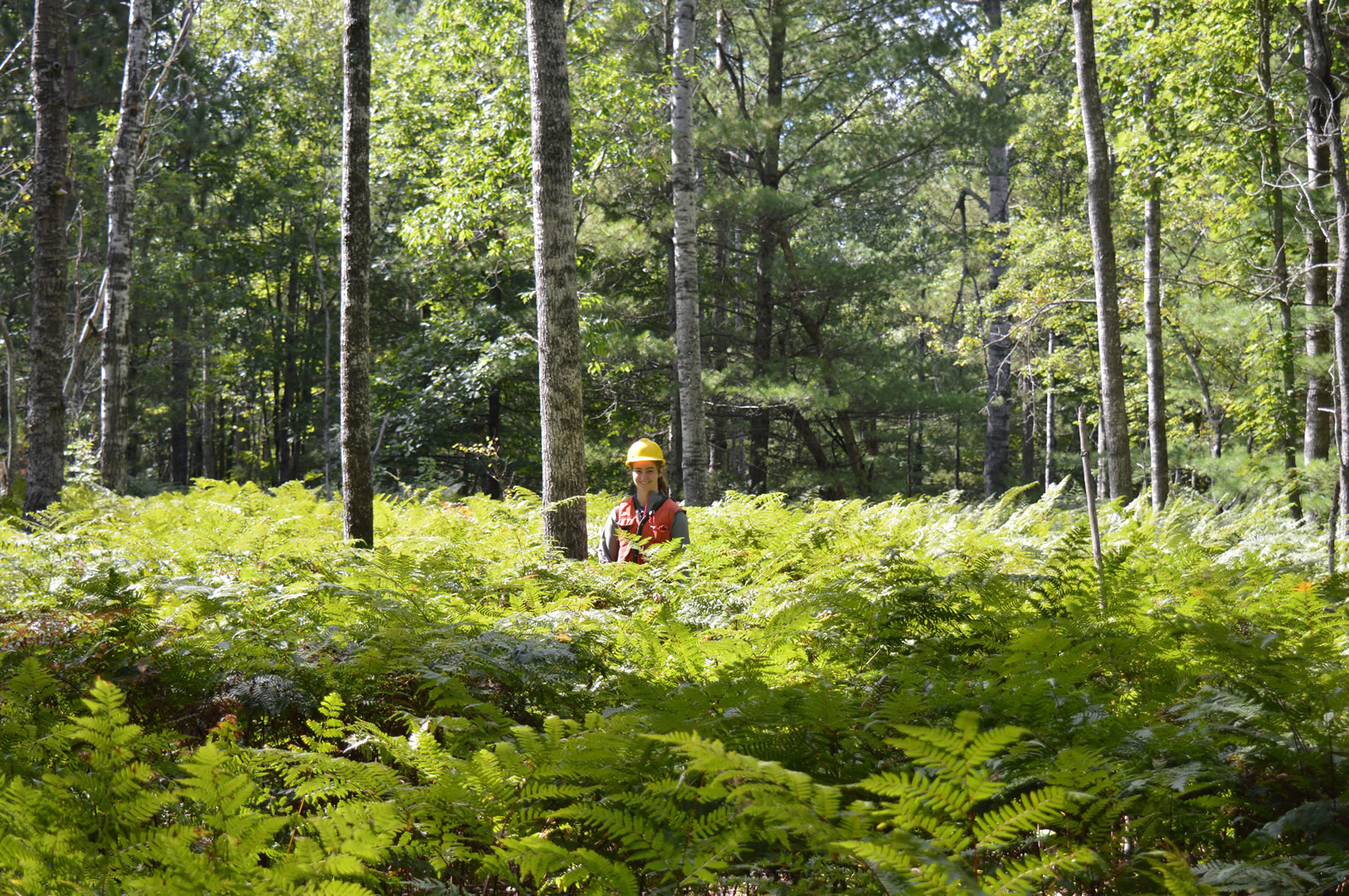
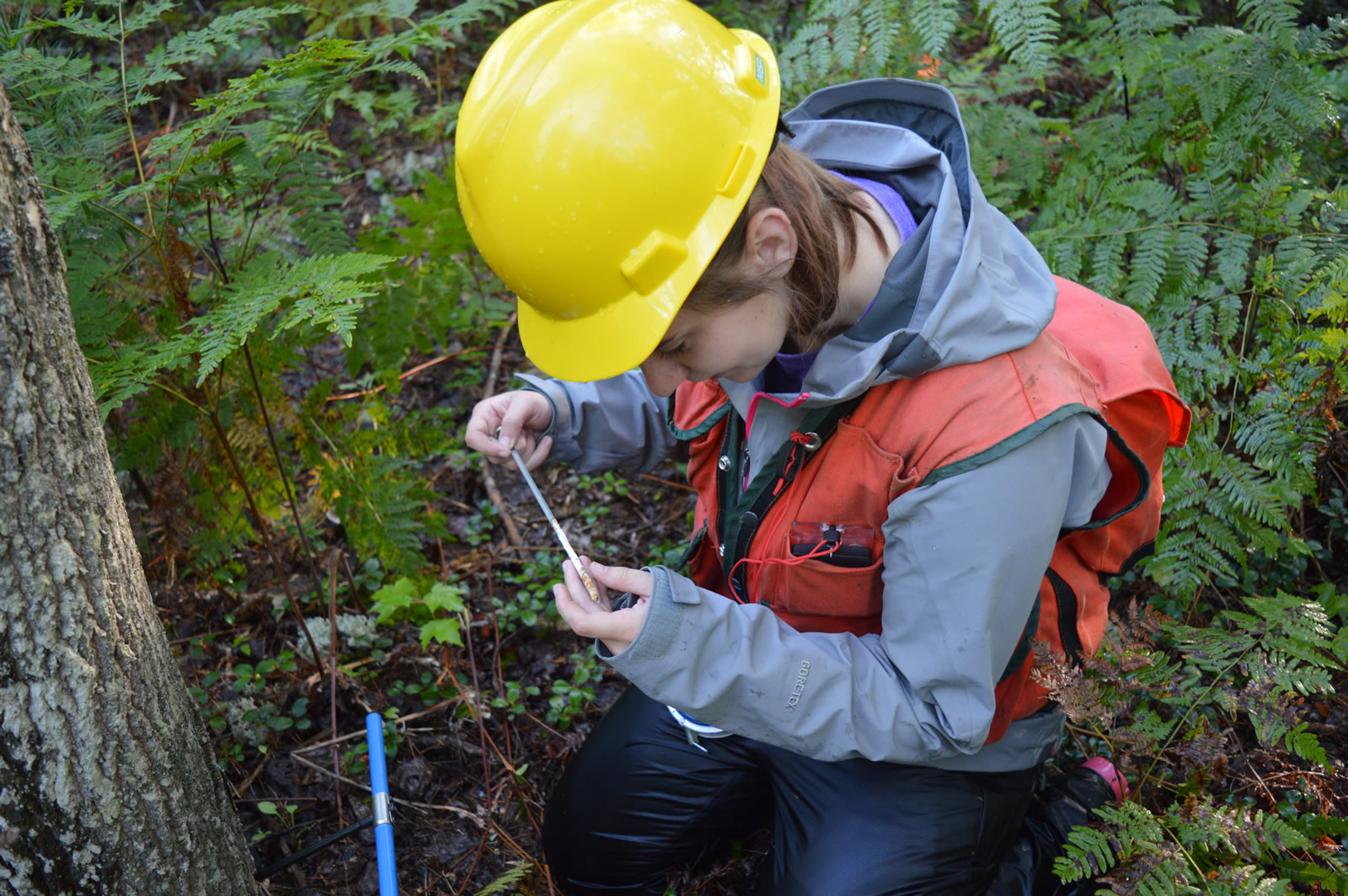
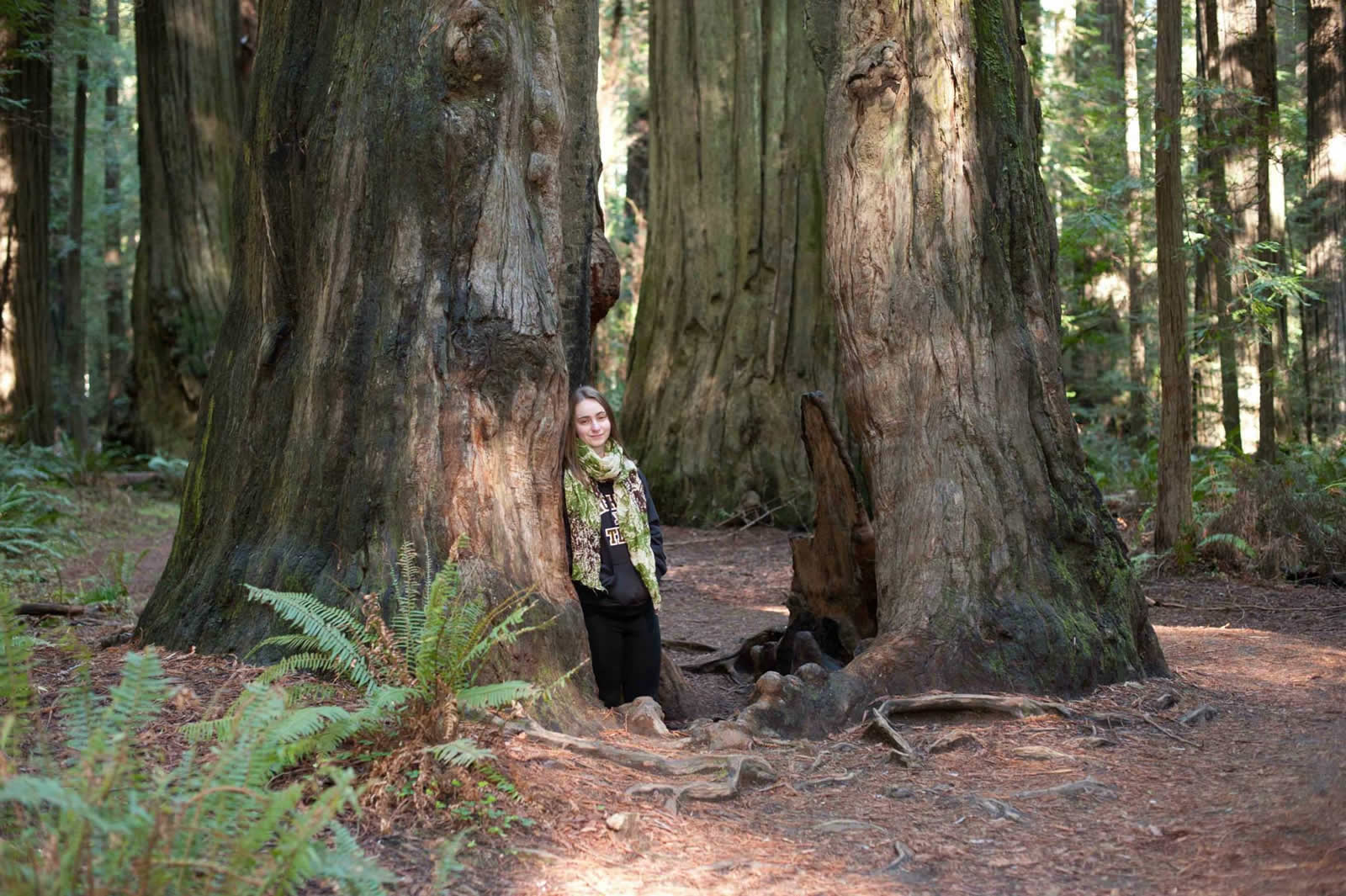
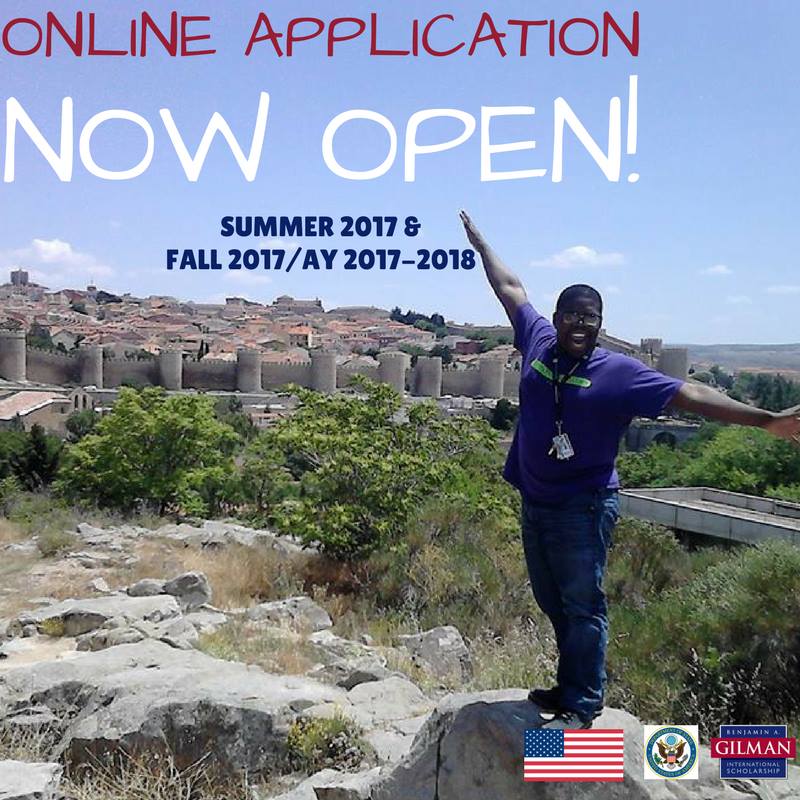

![Two businessmen are shaking hands at the meeting. [url=http://www.istockphoto.com/search/lightbox/9786622][img]http://img543.imageshack.us/img543/9562/business.jpg[/img][/url] [url=http://www.istockphoto.com/search/lightbox/9786738][img]http://img830.imageshack.us/img830/1561/groupsk.jpg[/img][/url]](https://blogs.mtu.edu/honors/files/2017/01/Industry-300x200.jpg)
